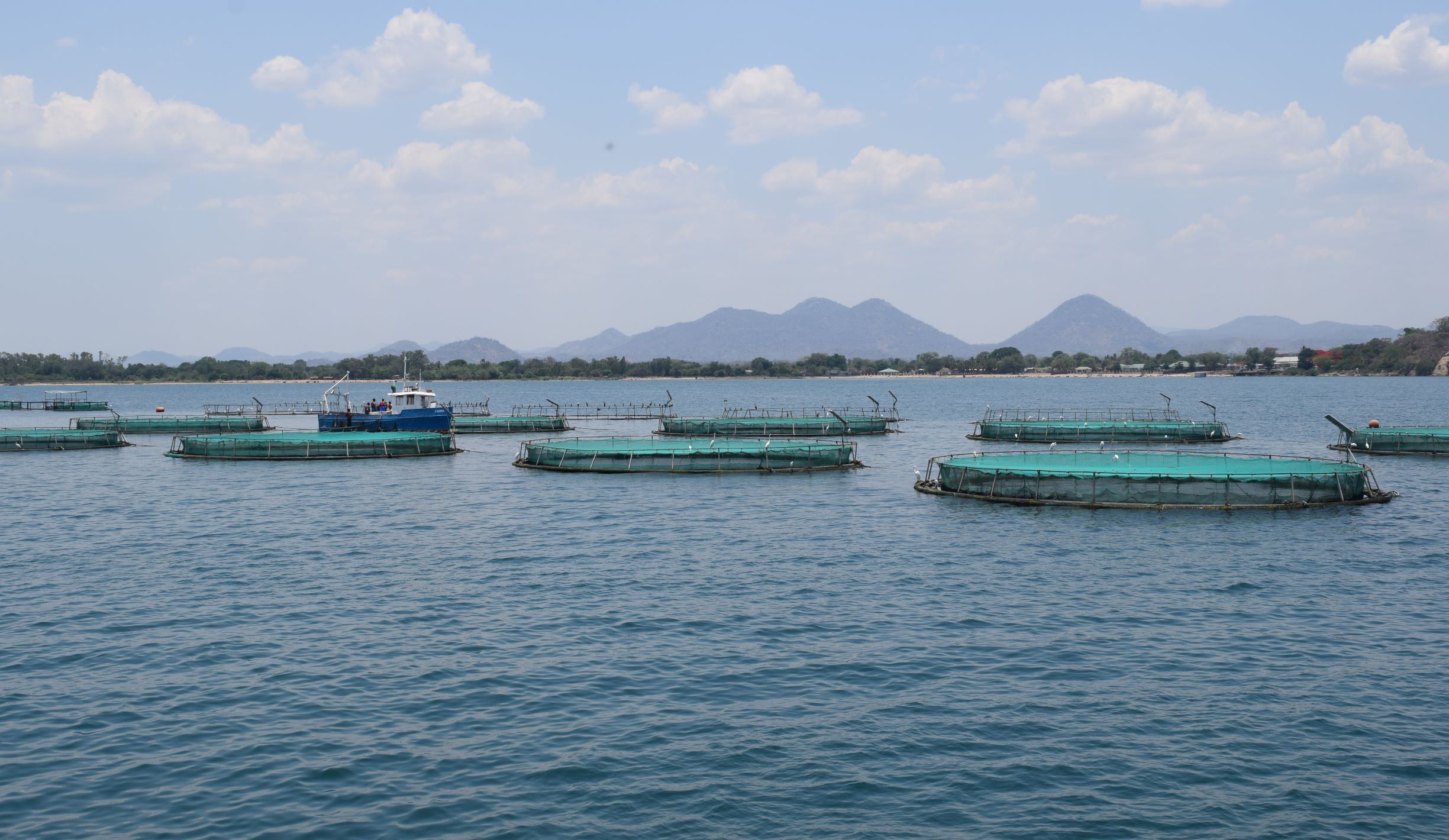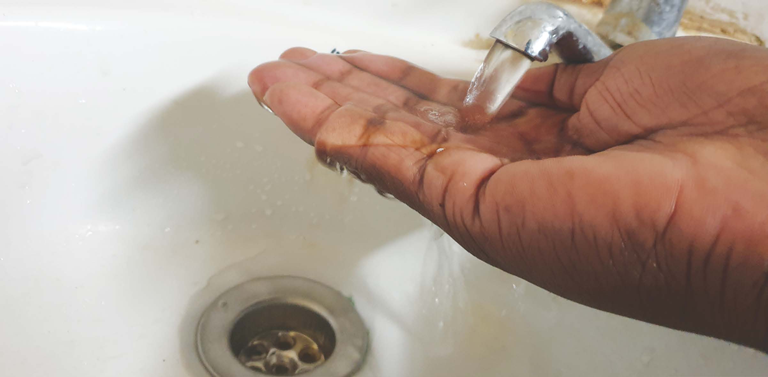No new deadline for AIP—Kawale
After missing two deadlines for implementation of the Affordable Inputs Programme (AIP), Minister of Agriculture Sam Kawale says the programme is now open-ended as the goal is to reach all beneficiaries with inputs.
In an interview on Wednesday, the minister said 85 percent of beneficiaries have accessed the inputs, adding the distribution will continue until all beneficiaries are reached.
Said Kawale: “Actually, the fertiliser that we have distributed is more than 85 percent but the percentage of beneficiaries that have managed to redeem fertiliser is 85 percent.
“Although there have been forex challenges, the distribution has progressed well and most beneficiaries have accessed NPK fertiliser. As a ministry, we are pushing to ensure that more Urea fertiliser bags are redeemed.”
In this year’s programme, government is targeting to distribute about 150 000 metric tonnes (MT) of fertiliser to 1.5 million beneficiaries.

Kawale said some beneficiaries have received enough fertiliser, but all of it has not been redeemed due to several factors.
Explained the minister: “The distribution now is based on request. We are sending based on request. There are cases where some beneficiaries have died, relocated, or do not have money to buy fertiliser, which sees fertiliser not being redeemed. The remaining fertiliser now has to be retrieved and sent where there is a need.
“But overall, we have done a tremendous job. Of course, for a subsidy programme like this, you cannot be 100 percent perfect but the targets for most areas have been met.”
Asked if the ministry has redeemed the 24 340MT of fertiliser that was under collateral, Kawale said they are waiting for funds, adding that a request was approved by Treasury and the Public Procurement and Disposal of Assets Authority.
He said: “The forex shortage has been a major setback in the implementation of the current AIP. The procurement processes started early but forex shortage slowed down progress. If we had the forex in July, we would have finished the distribution a long time ago.”
Asked when the funds would be released to enable the ministry to redeem the fertiliser under collateral, Treasury spokesperson Taurai Banda asked for more time to consult on the matter.
The minister’s assurance comes after several members of Parliament (MPs) expressed concern over AIP distribution delays in their constituencies.
In The Nation of Tuesday this week, the MPs that were interviewed randomly, stated that most beneficiaries in their areas are yet to receive part or the full AIP package of seed, NPK and Urea fertilisers.
In an interview, Parliamentary Committee on Agriculture chairperson Sameer Suleman accused Kawale of lying to Malawians, maintaining that people are still struggling to access fertilisers in most areas.
“We are tired of these percentages he is giving. Let them provide the list of beneficiaries and we should check how many of those have redeemed and which fertiliser.
“He has failed to deliver. When you fail what do you do? As an honourable man you step aside,” he said.
Suleman reiterated his call for an audit of this year’s AIP to see how the resources have been used.
In February 2023, President Lazarus Chakwera promised a timely AIP and further directed that the procurement processes should be done by the end of June 2023 so that people start accessing inputs in early July 2023.
In the 2023/2024 National Budget, government allocated K109 billion for the implementation of AIP. Of the money allocated, K102 billion was for fertiliser, K6.562 billion for seeds, K0.585 billion for goats, and K0.67 billion for logistics.
During the launch of the 2023 AIP on October 20, Chakwera gave the Ministry of Agriculture 40 days to implement the programme, but at the expiry of the deadline, the ministry had reached 46 percent of the beneficiaries, who mostly accessed only a bag of NPK.
The target date was extended to December 25 to allow the Ministry of Agriculture to reach all the 1.5 million beneficiaries with farm inputs but it was missed again.
The ministry has since blamed the slow pace of distribution on the shortage of forex and the kwacha devaluation.






One Comment